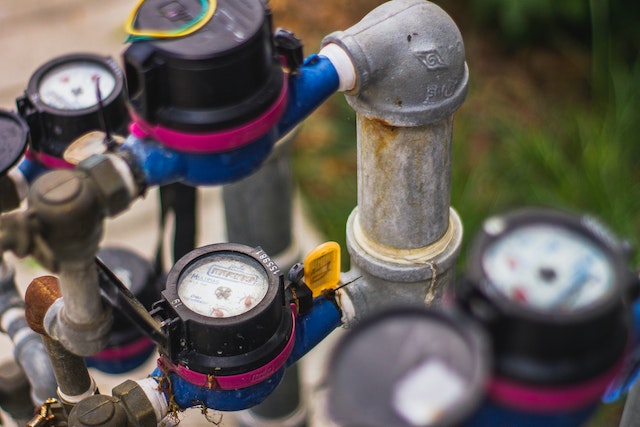Oil water separator technology has been around for centuries and its benefits are well-known. This type of technology is used to remove oil from water, making it an essential piece of equipment for businesses that require large amounts of clean water. There are many different types of oil water separators available on the market, each with its own set of advantages and disadvantages. In this blog post, we’ll give you an overview of oil water separator technology and help you choose the right one for your business needs.
What is an oil water separator and how does it work?
An oil water separator is a device utilized to remove oil and other hydrocarbons from contaminated water. It’s essential for many industries, specifically those dealing with automotive repair, commercial maintenance and chemical production. The concept is simple: once the waste water enters the separator, substances like oil float on top of the water due to the differences in density. Oil rises upwards, while heavier objects sink to the bottom. This creates an environment saturated in oil that is then siphoned off before being safely disposed of or recycled. In addition, separators are designed to catch any smaller particles that make it past the initial separation chambers through mechanisms like coalescing micro-fibers and submerged vanes that trap particles larger than 100 microns in size. When correctly maintained, these separators can play an indispensable role in keeping our waterways clean by filtering out hazardous oils and chemicals before they reach the environment.
The benefits of using an oil water separator for your business
An oil water separator can be a great investment for any business. Not only does it provide an eco-friendly approach to capturing and removing waste water from the workplace, but it also greatly reduces maintenance costs and allows for more efficient operations. In addition, oil water separators are cost-effective and easy to use, requiring minimal effort for implementation and maintenance. Thanks to this technology, businesses of all sizes now have the ability to control their most hazardous waste materials with ease, making them both financially responsible and environmentally friendly. By investing in an oil water separator you are investing in your future!
How to choose the right oil water separator for your needs
Selecting the correct oil water separator for your individual needs can be a daunting task. Before making any decisions, it is essential to first examine your particular requirements and extrapolate from there. Considerations include volume and flow rate capacity, size requirements, different types of oil-water mixtures that need to be accommodated and the operating temperature range. Do your research carefully – knowing which features you need in an oil water separator will help ensure that you get the most out of your investment. Once you have assessed all necessary factors, choosing the right one should become much easier! visit
Maintenance tips for your oil water separator
Regular maintenance of an oil water separator is essential to ensure it’s running properly. As such, the top tips for water separator maintenance include regularly checking the skimmer for debris, monitoring oil levels in your system, and inspecting all mechanical components of the unit like pumps and valves. Additionally, ensure that all baffles are not clogged with algae or sediment as flow patterns can be impeded if these areas become blocked. By heeding this advice, you will be able to keep your oil water separator functioning optimally and running at peak efficiency.
Conclusion
An oil water separator is a critical piece of equipment for any business that deals with oil and water. By understanding how they work and the benefits they provide, you can make sure your business is using them to their full potential. Choosing the right oil water separator and maintaining it properly are key to ensuring that your business runs smoothly. Have questions about oil water separators? Check out our FAQs section for more information.












